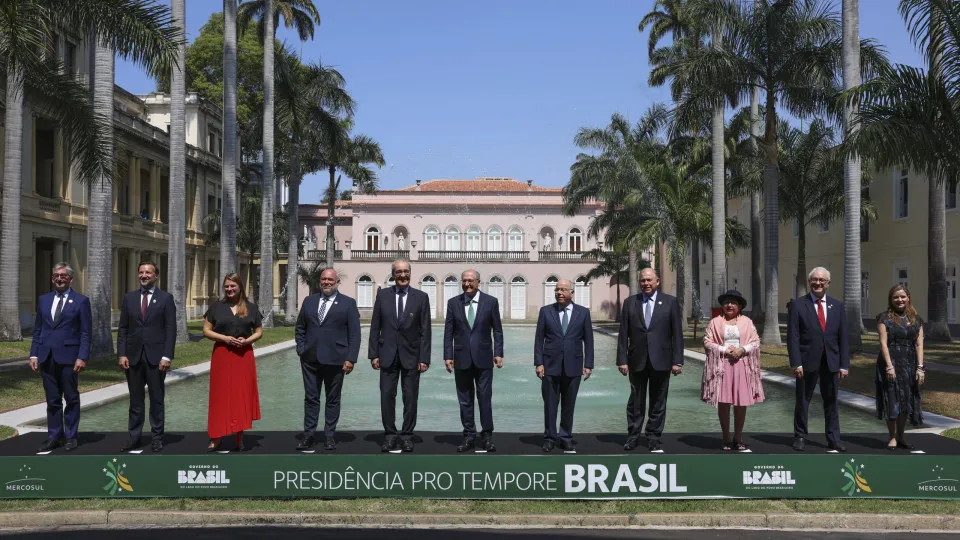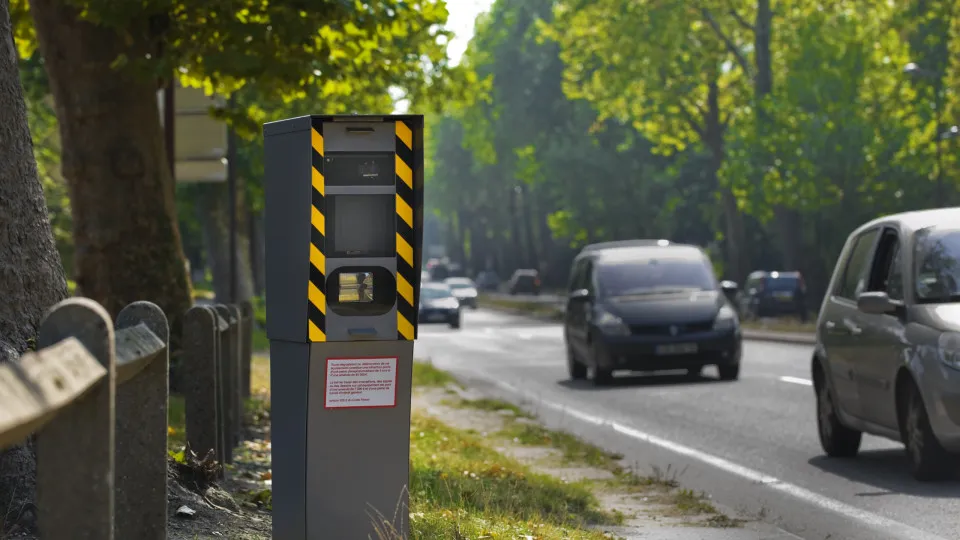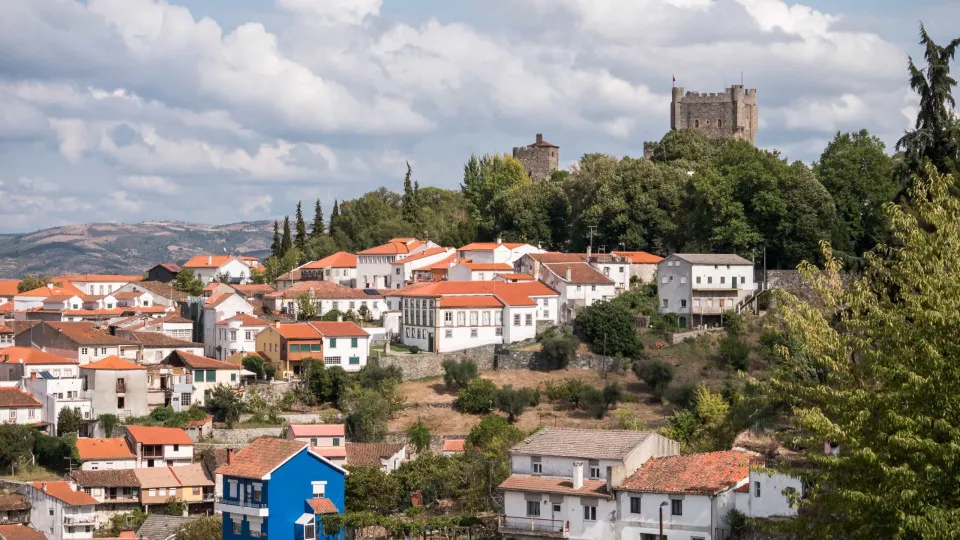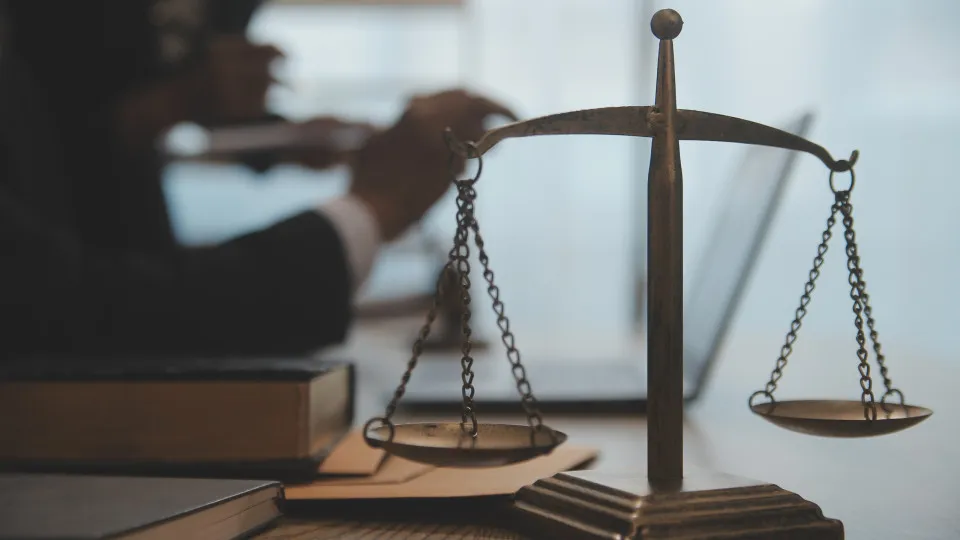
The agreement comes during tensions sparked by U.S. President Donald Trump’s protectionism.
The treaty, hailed as a milestone between the two blocs, is considered strategic for tackling global challenges such as the trade war prompted by Washington and climate change, according to its signatories.
“In the midst of an uncertain world, we are proving that it is possible to strengthen multilateralism and free trade,” highlighted Brazilian Vice President Geraldo Alckmin at a simple ceremony held at the Itamaraty Palace in Rio de Janeiro.
For Foreign Minister and event host Mauro Vieira, the signing of the new agreement reflects the defense of rules-based free trade.
“In a world marked by trade tensions and growing protectionism, we continue to advocate for rule-based international trade as a tool to drive economic growth and prosperity for our people,” stressed Brazilian diplomat chief Mauro Vieira.
Meanwhile, Uruguay’s Foreign Minister Mario Lubetkin echoed this sentiment, describing the treaty as a “strategic alliance.”
Eight countries are signatories to the agreement: Argentina, Brazil, Paraguay, and Uruguay, which make up the Southern Common Market (Mercosur), and Iceland, Norway, Switzerland, and Liechtenstein, members of EFTA.
The agreement establishes a free trade area with nearly 300 million people and a combined GDP of over 4.3 trillion dollars (approximately 3.6 trillion euros).
The treaty will cover trade in goods and services, investments, intellectual property, government procurements, competition, rules of origin, trade defense, sanitary and phytosanitary measures, technical barriers to trade, legal issues, and dispute resolution, and will include a chapter on trade and sustainable development.
Although the agreement was sealed today, it will only come into effect after the respective parliamentary ratifications in each country.
The agreement will benefit over 97% of exports from both blocs through various measures, some of which will be implemented immediately and others gradually.
Once the agreement is in effect, EFTA, founded in 1960, will completely eliminate tariffs on imports of industrial and fisheries products originating from the South American bloc.
Similarly, the European bloc will immediately apply discounts or tariff exemptions and offer specific quotas for products that can enter without paying import taxes, including key agricultural products for Mercosur (coffee, beef, poultry and pork, ethanol, and wine).
Mercosur, founded in 1991, in turn, will have up to fifteen years to complete a gradual tariff reduction process applied to industrial imports from its new European partners.
A prominent feature of the Mercosur-EFTA agreement is the inclusion of an environmental clause linking digital trade to the use of clean energy.
International digital service providers—such as Cloud platforms, software, or data services—will only benefit from the agreement’s advantages if the country where they operate has an electrical grid composed of at least 67% renewable sources.




